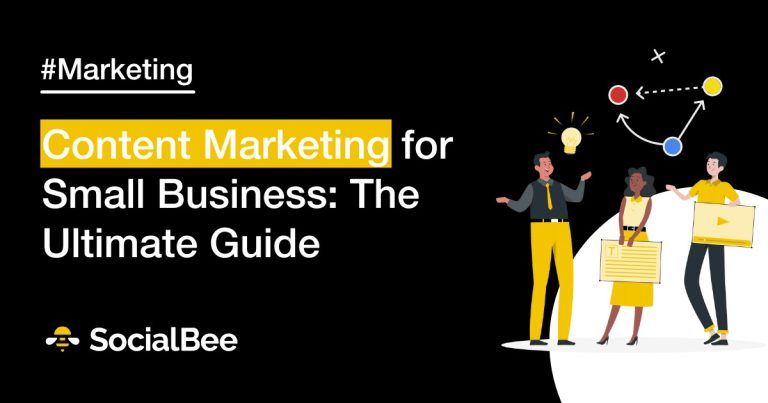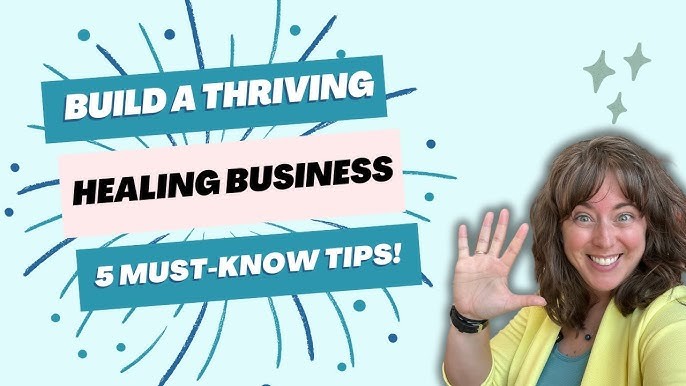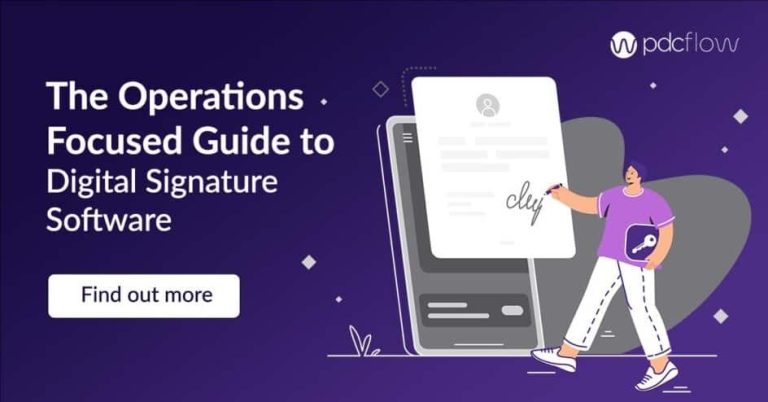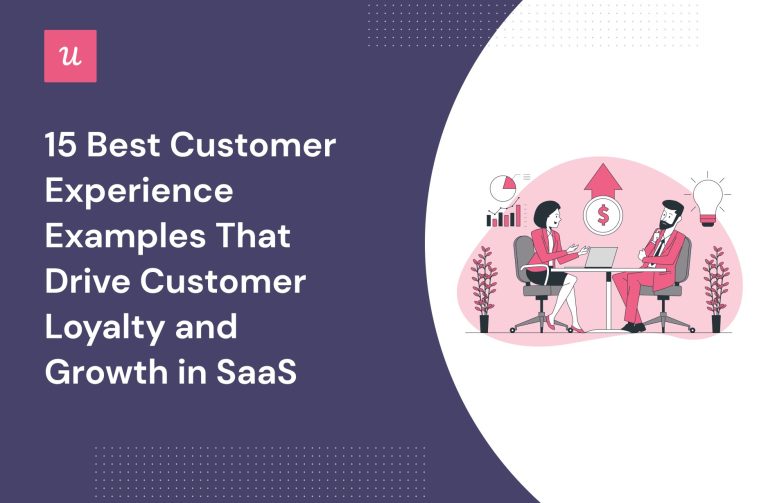What Business Can Learn from Musicians
Musicians operate in a world where precision meets emotion, where structure coexists with spontaneity, and where collaboration is essential to creation. Their craft is not just about performance—it’s about listening, adapting, and expressing something that resonates. For businesses, there’s much to learn from how musicians work, think, and connect. The parallels between a well-rehearsed ensemble and a high-functioning team are striking, and the lessons extend far beyond the stage. When businesses adopt the mindset of musicians, they become more attuned to rhythm, harmony, and the subtle dynamics that drive meaningful progress.
One of the most powerful lessons musicians offer is the value of deep listening. In a band or orchestra, success depends on each member being fully present, aware of their role, and responsive to the group. Musicians don’t just play—they listen to each other constantly, adjusting their timing, volume, and tone to create a cohesive sound. In business, this kind of listening is rare but transformative. Teams that truly listen—across departments, hierarchies, and perspectives—are better equipped to solve problems, innovate, and build trust. Listening becomes a strategic skill, not just a courtesy, and it lays the foundation for collaboration that feels fluid and generative.
Musicians also understand the importance of practice. Behind every performance is hours of repetition, refinement, and resilience. They know that mastery is not a moment—it’s a process. Businesses often chase results without investing in the discipline that makes those results sustainable. A musician’s approach to practice—focused, iterative, and intentional—can reshape how teams approach skill development and execution. It encourages a culture where improvement is continuous, where feedback is welcomed, and where excellence is pursued with humility. This mindset shifts the emphasis from perfection to progress, creating space for learning and growth.
Improvisation is another area where musicians excel, and it offers a compelling model for business agility. In jazz, for example, musicians build on a shared framework but respond in real time to what’s happening around them. They take risks, explore possibilities, and trust their instincts. Businesses that embrace improvisation are better prepared for uncertainty. They don’t rely solely on rigid plans—they cultivate the ability to adapt, to experiment, and to pivot when needed. This doesn’t mean abandoning strategy; it means being flexible within it. Improvisation in business is about responding to change with creativity, not panic, and about finding opportunity in the unexpected.
The emotional intelligence of musicians is another asset worth emulating. Music is inherently expressive, and musicians learn to channel emotion in ways that connect with others. They understand nuance, empathy, and the power of tone. In business, emotional intelligence is often undervalued, yet it’s critical for leadership, communication, and customer experience. Leaders who can read the room, who know when to push and when to pause, who can inspire without overwhelming—these are the ones who build resilient, motivated teams. Musicians remind us that emotion is not a distraction from performance—it’s part of it.
Collaboration in music is also deeply instructive. Musicians know that the best outcomes emerge when individuals contribute their strengths to a shared vision. They respect each other’s roles, communicate clearly, and support one another through challenges. In business, collaboration often falters due to ego, misalignment, or lack of trust. But when teams operate like ensembles—valuing each voice, synchronizing efforts, and celebrating collective success—they become more cohesive and effective. The metaphor of a band is powerful: each member has a distinct part, but the magic happens when they play together.
Musicians also understand the importance of audience. They don’t create in a vacuum—they perform for people, and they care deeply about how their work is received. They seek connection, not just applause. Businesses can learn from this by focusing less on broadcasting and more on engaging. Whether it’s through product design, marketing, or customer service, the goal should be to create experiences that resonate. This requires empathy, curiosity, and a willingness to listen. It means treating customers not as targets, but as participants in a shared journey.
Resilience is another trait musicians embody. Rejection, criticism, and failure are part of the path, and musicians learn to navigate them with grace. They keep showing up, keep refining their craft, and keep believing in their voice. In business, resilience is often framed in terms of grit or endurance, but musicians show us that it’s also about adaptability, community, and purpose. It’s about staying connected to why you started, even when the path gets hard. That kind of resilience is not just personal—it’s cultural. It shapes how organizations respond to setbacks and how they support their people through change.
Finally, musicians remind us of the power of beauty. In a world driven by metrics and margins, it’s easy to lose sight of the human dimension. But beauty—whether in a melody, a moment, or a message—has the power to inspire, to unite, and to elevate. Businesses that build with beauty in mind create environments that feel alive. They design products that delight, experiences that move, and cultures that nourish. Beauty is not frivolous—it’s foundational. It’s what makes work feel meaningful and what makes brands feel memorable.
When businesses learn from musicians, they become more attuned to rhythm, more open to improvisation, and more committed to connection. They build not just for efficiency, but for resonance. They lead not just with logic, but with heart. And they create not just value, but impact. In a noisy, fast-paced world, the lessons of music offer a quieter, deeper wisdom—one that invites us to listen, to collaborate, and to create something worth remembering.







